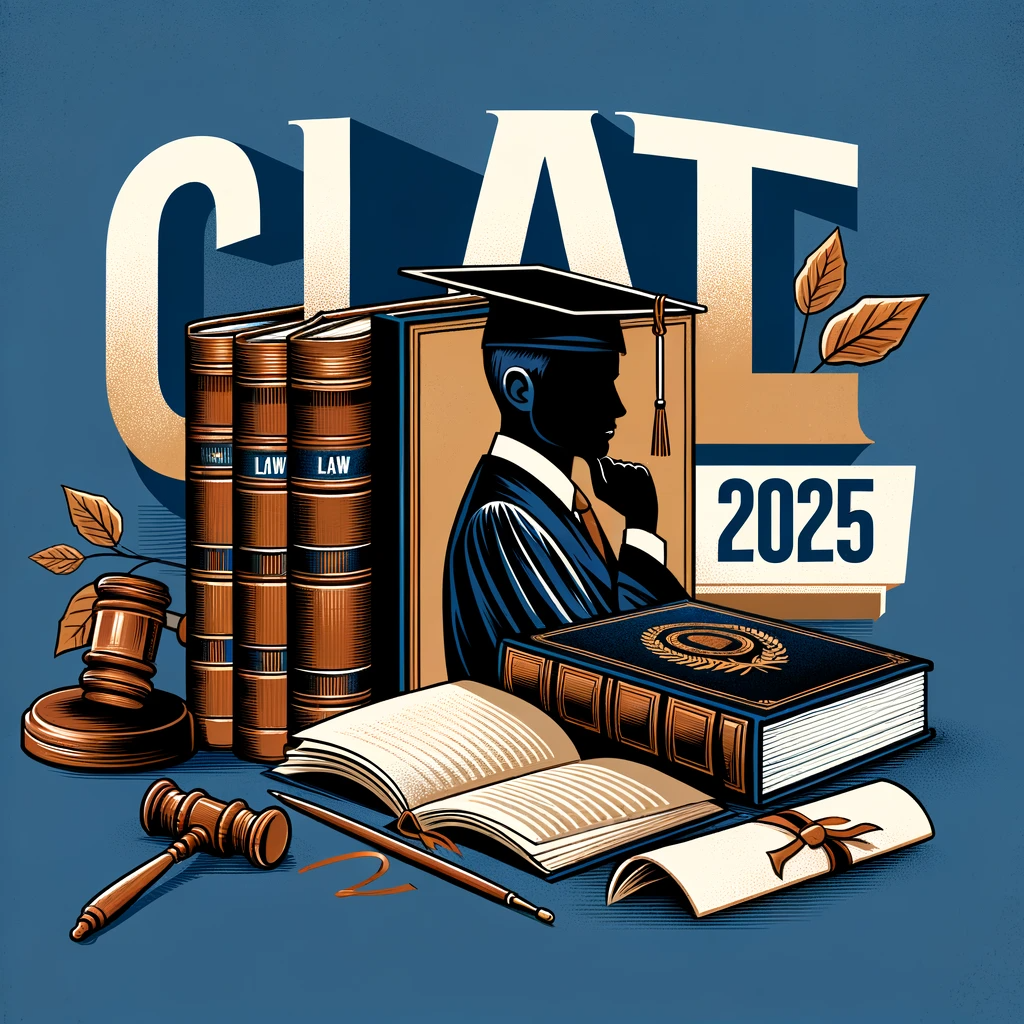In Legalia, the controversial “Internet Privacy and Security Act” (IPSA) has been challenged in a high-profile case. A journalist, Anita Roy, was arrested based on evidence obtained from her ISP under the provisions of IPSA. The data revealed her communication with a whistleblower who leaked sensitive government documents. Anita’s defense argues that this is a clear violation of her right to privacy and freedom of the press, as enshrined in Articles 21 and 19 of the Legalia Constitution. The government, however, insists that the arrest is justified, citing national security concerns and the legality of the evidence gathered through IPSA.
This case has heightened the debate around the IPSA, with critics pointing out the potential for its misuse against journalists and activists. Supporters of the Act maintain that such measures are necessary to combat cybercrimes and national threats. The Legalia Supreme Court is now faced with a complex legal battle that pits individual rights against national security interests.
1. In Anita Roy’s case, which constitutional rights are being primarily contested?
A. Right to Equality and Right to Constitutional Remedies
B. Right to Privacy and Freedom of the Press
C. Right to Education and Right to Privacy
D. Right to Freedom of Religion and Right to Privacy
2. The government’s defense of Anita Roy’s arrest under the IPSA hinges on the principle of:
A. Balance between individual rights and public interest
B. Absolute sovereignty of the state in matters of national security
C. Precedent set by previous cases involving national security
D. Judicial independence in interpreting the Constitution
3. If the Supreme Court rules in favor of the government in Anita Roy’s case, what could be a potential implication for journalists in Legalia?
A. Increased protections under freedom of the press
B. Mandatory disclosure of sources in matters of national security
C. Absolute immunity from legal actions based on their journalistic activities
D. The establishment of a regulatory body for journalistic practices
4. Which of the following arguments could Anita Roy’s defense use to challenge the constitutionality of the IPSA?
A. The IPSA is essential for maintaining national security.
B. The law disproportionately infringes on freedom of the press.
C. Cybercrimes have reduced significantly since the introduction of IPSA.
D. Journalists have an obligation to comply with national security laws.
5. Considering the case of Anita Roy, how might the concept of “proportionality” be relevant in the legal debate surrounding the IPSA?
A. It might be argued that the law goes beyond what is necessary to achieve its stated objective.
B. It could be used to justify the government’s unrestricted access to private communications.
C. It might suggest that all laws related to national security are inherently proportional.
D. It could indicate that the law evenly affects all citizens, regardless of their profession.
6. In light of Anita Roy’s case, what legal principle could the Supreme Court consider while delivering its judgment?
A. The supremacy of national security over all other constitutional rights
B. The balance between freedom of the press and national security concerns
C. The absolute discretion of the government in matters of cybersecurity
D. The irrelevance of individual rights in cases involving leaked documents
Answers to CLAT 2025 Legal Aptitude Practice Passage #1
- Answer: B. Right to Privacy and Freedom of the Press
- Explanation: Anita Roy’s case primarily involves the conflict between her right to privacy (as her ISP data was accessed) and her freedom of the press (as the evidence was used to arrest her for communicating with a whistleblower). This directly involves Articles 21 and 19 of the Legalia Constitution.
- Answer: A. Balance between individual rights and public interest
- Explanation: The government’s justification for Anita’s arrest under the IPSA likely revolves around balancing individual rights (like privacy and freedom of the press) with the broader public interest of maintaining national security. This is a common theme in cases where state security measures impinge on personal freedoms.
- Answer: B. Mandatory disclosure of sources in matters of national security
- Explanation: If the Supreme Court sides with the government, it may set a precedent implying that journalists like Anita could be compelled to disclose their sources, especially in cases involving national security. This could lead to a chilling effect on journalistic freedom and whistleblower activities.
- Answer: B. The law disproportionately infringes on freedom of the press.
- Explanation: Anita Roy’s defense could argue that the IPSA disproportionately infringes upon freedom of the press. They could contend that while national security is important, the broad powers granted by the IPSA to access journalist’s communication records without stringent checks infringe on press freedom.
- Answer: A. It might be argued that the law goes beyond what is necessary to achieve its stated objective.
- Explanation: The principle of proportionality is about ensuring that a law is not more restrictive than necessary to achieve its objective. Anita Roy’s defense might argue that while IPSA aims to enhance national security, its broad and intrusive measures (like storing browsing history) are disproportionate to its intended purpose.
- Answer: B. The balance between freedom of the press and national security concerns
- Explanation: In delivering its judgment, the Supreme Court will likely consider the legal principle of balancing the freedom of the press against national security concerns. This involves assessing whether the restrictions IPSA places on the press are justified by the need to protect national security and whether there are adequate safeguards against abuse of these powers
For getting such practice passages daily, join our whatsapp group.
